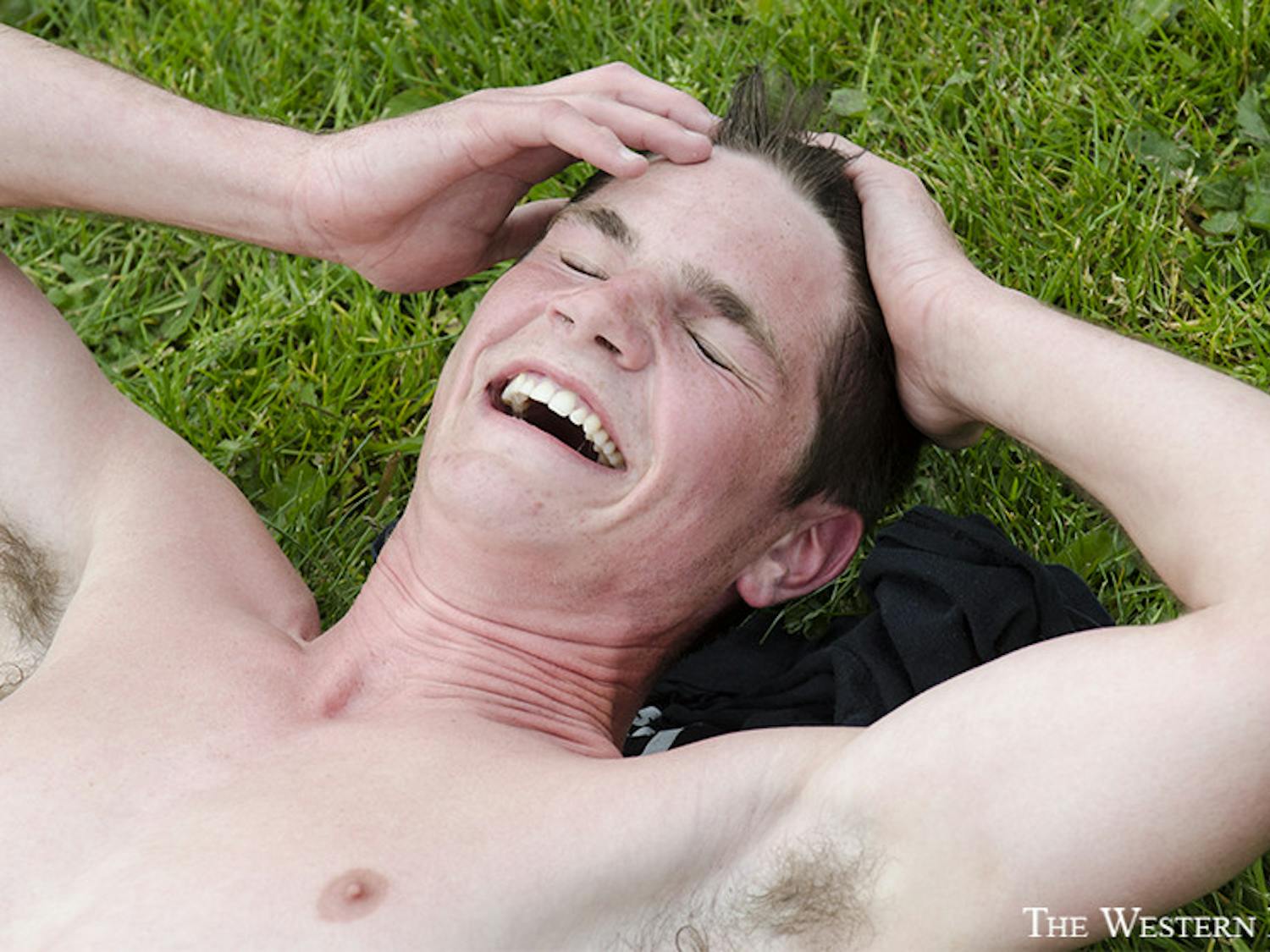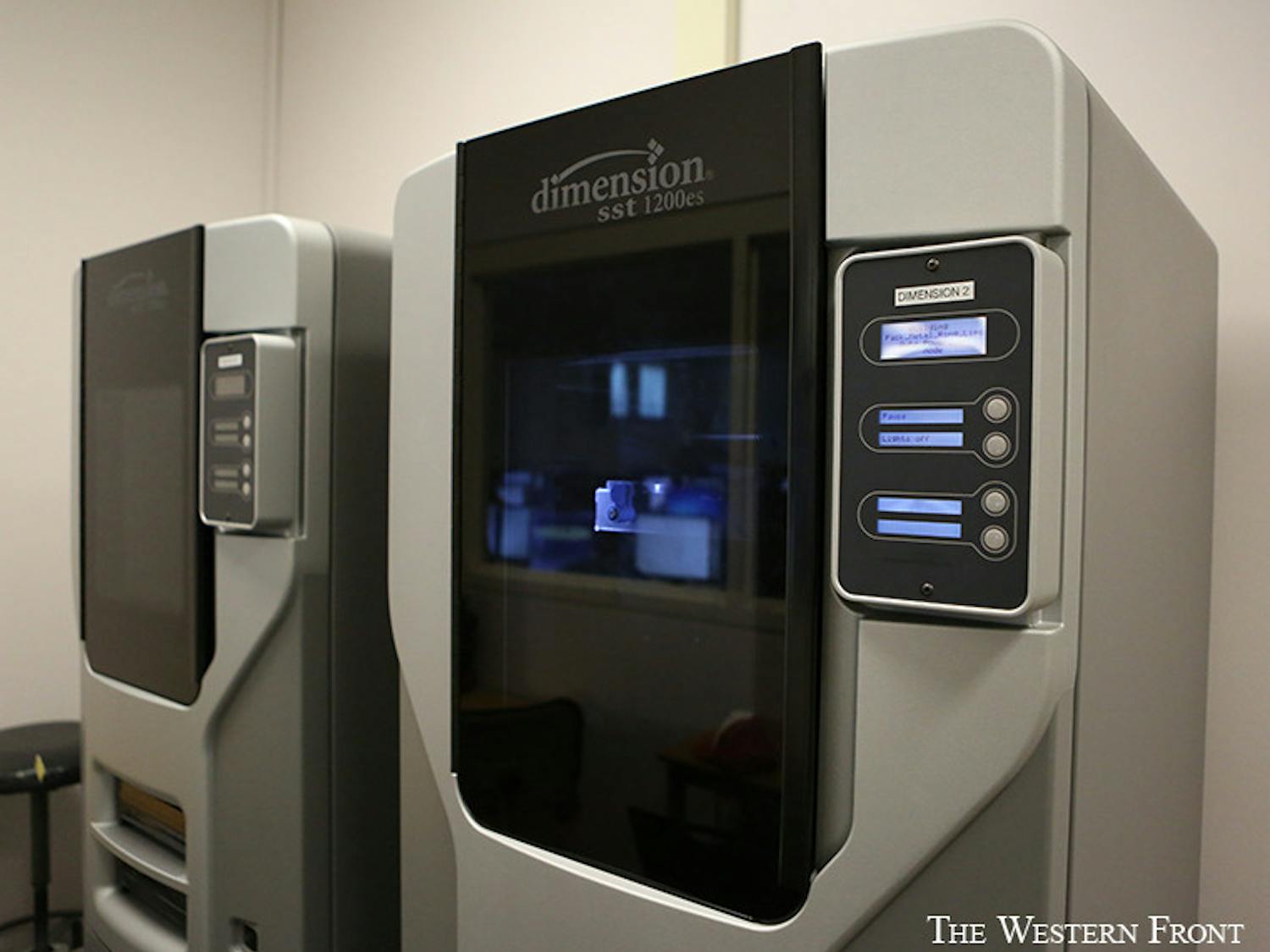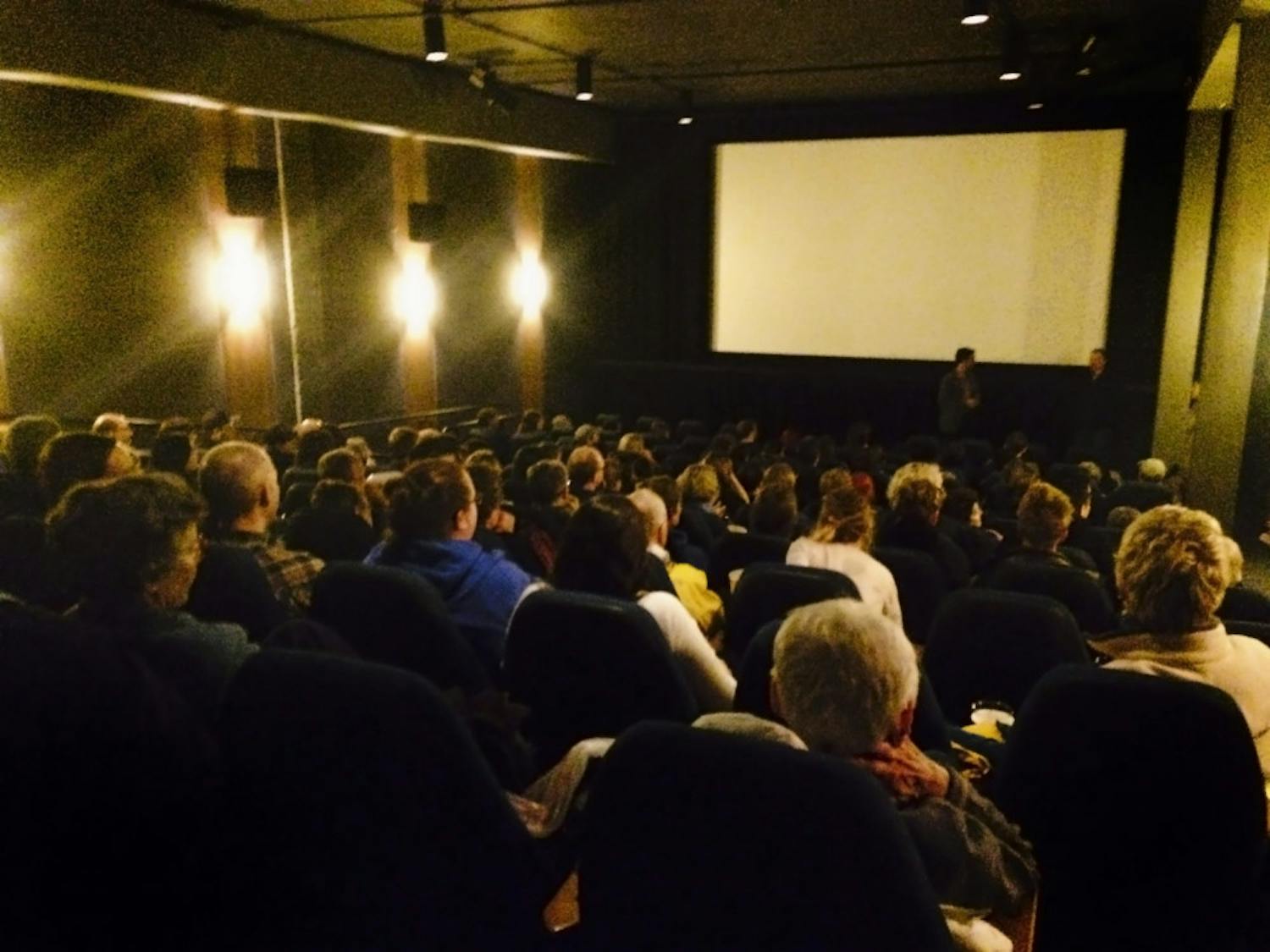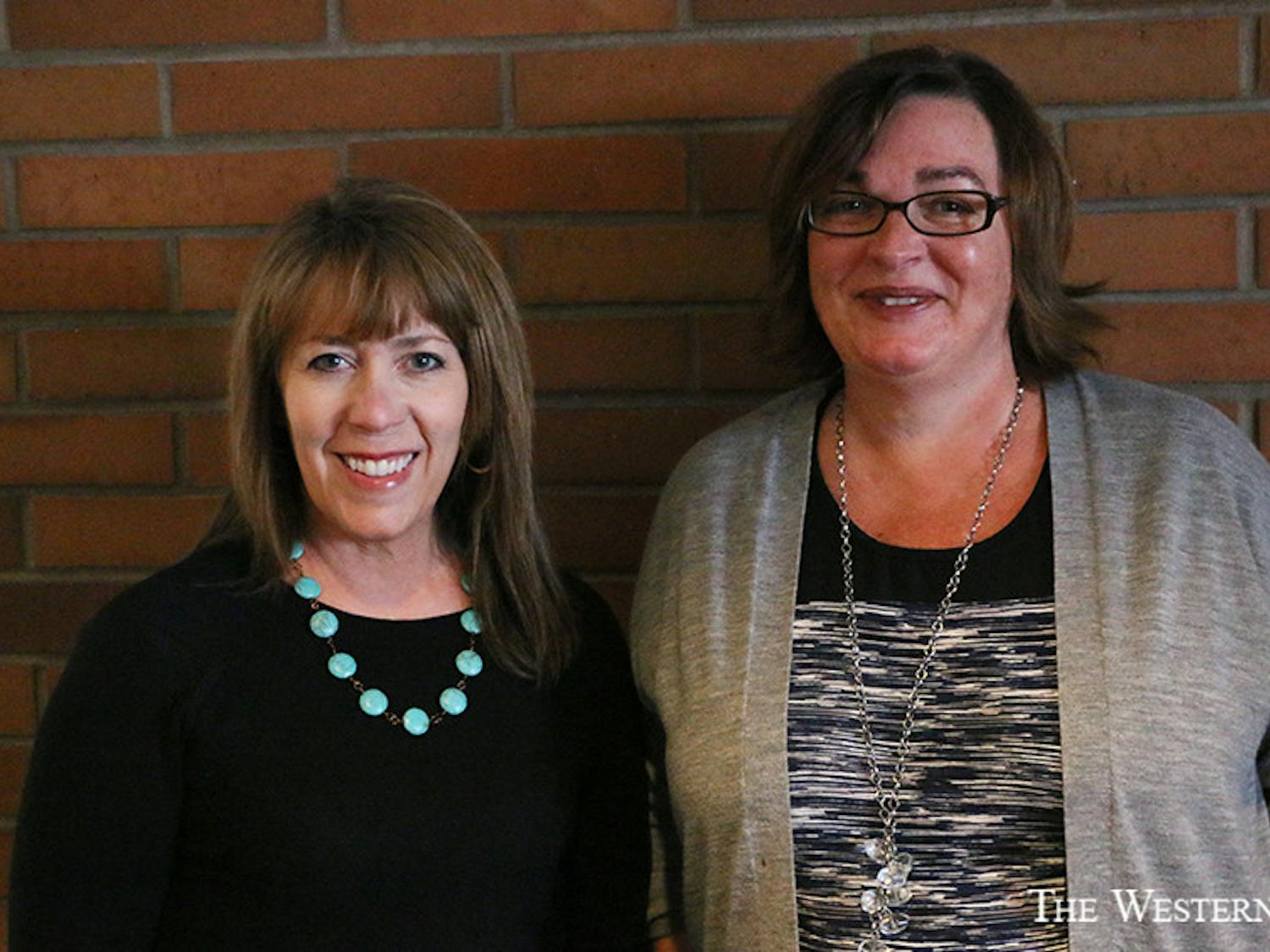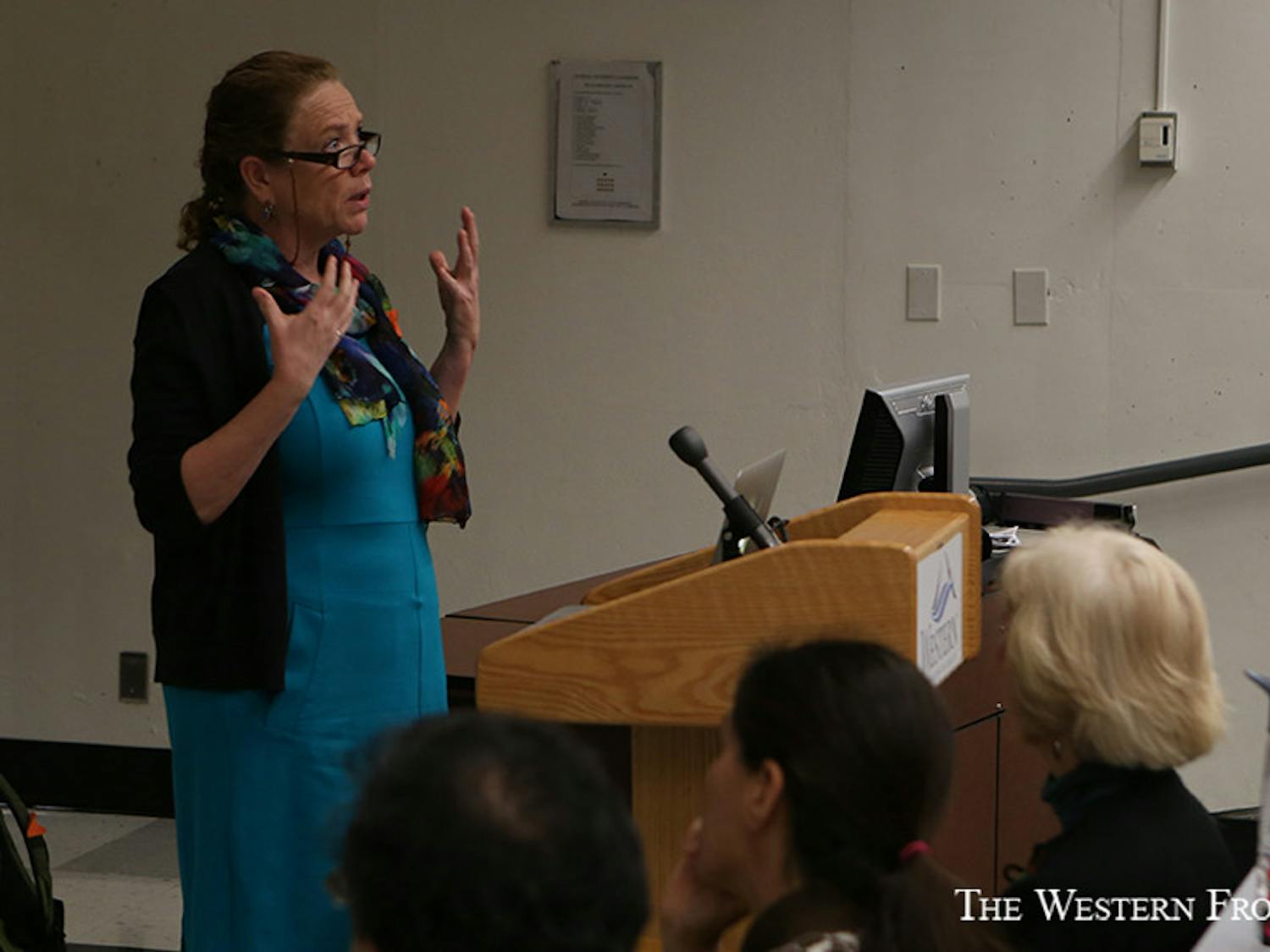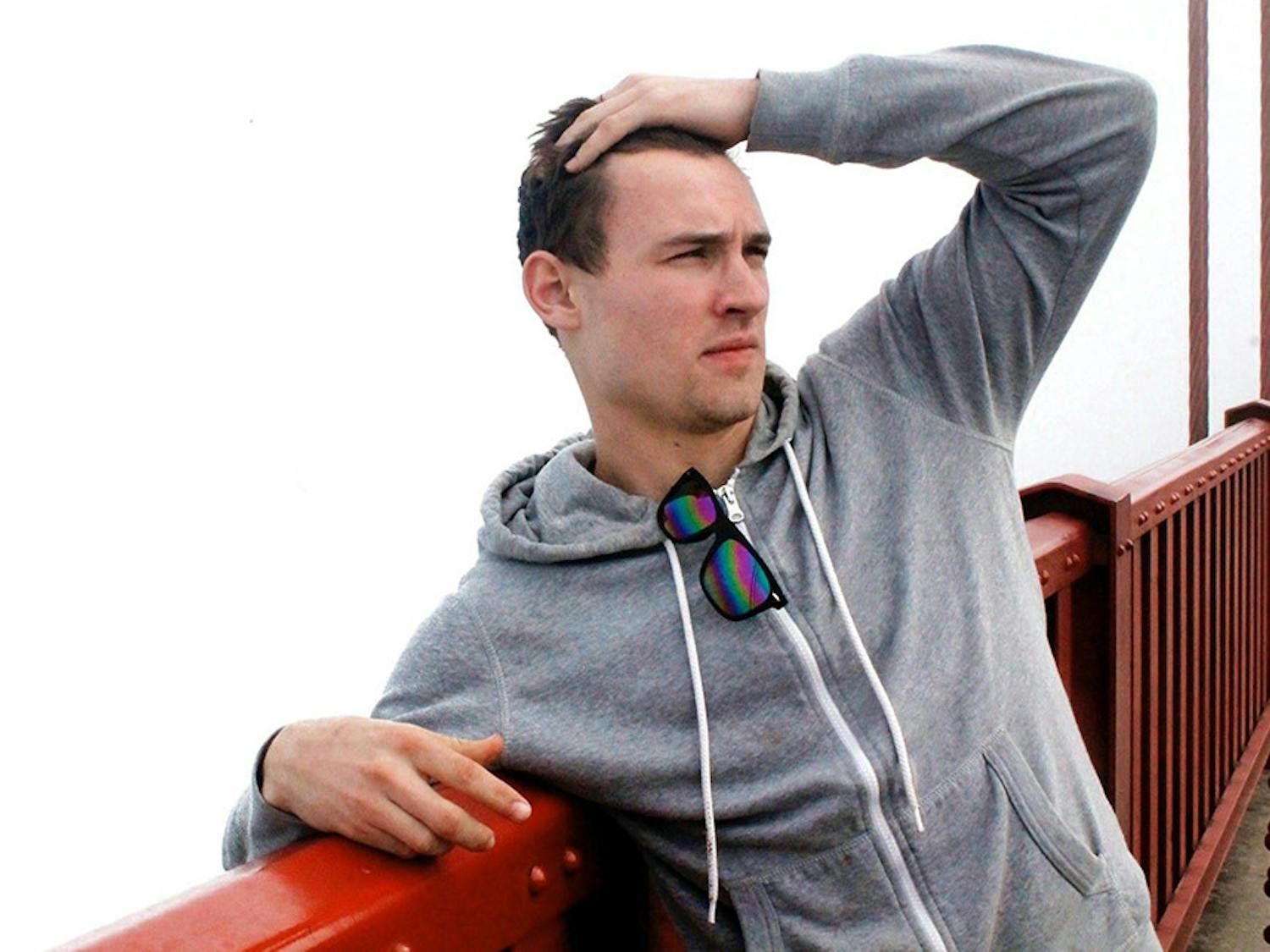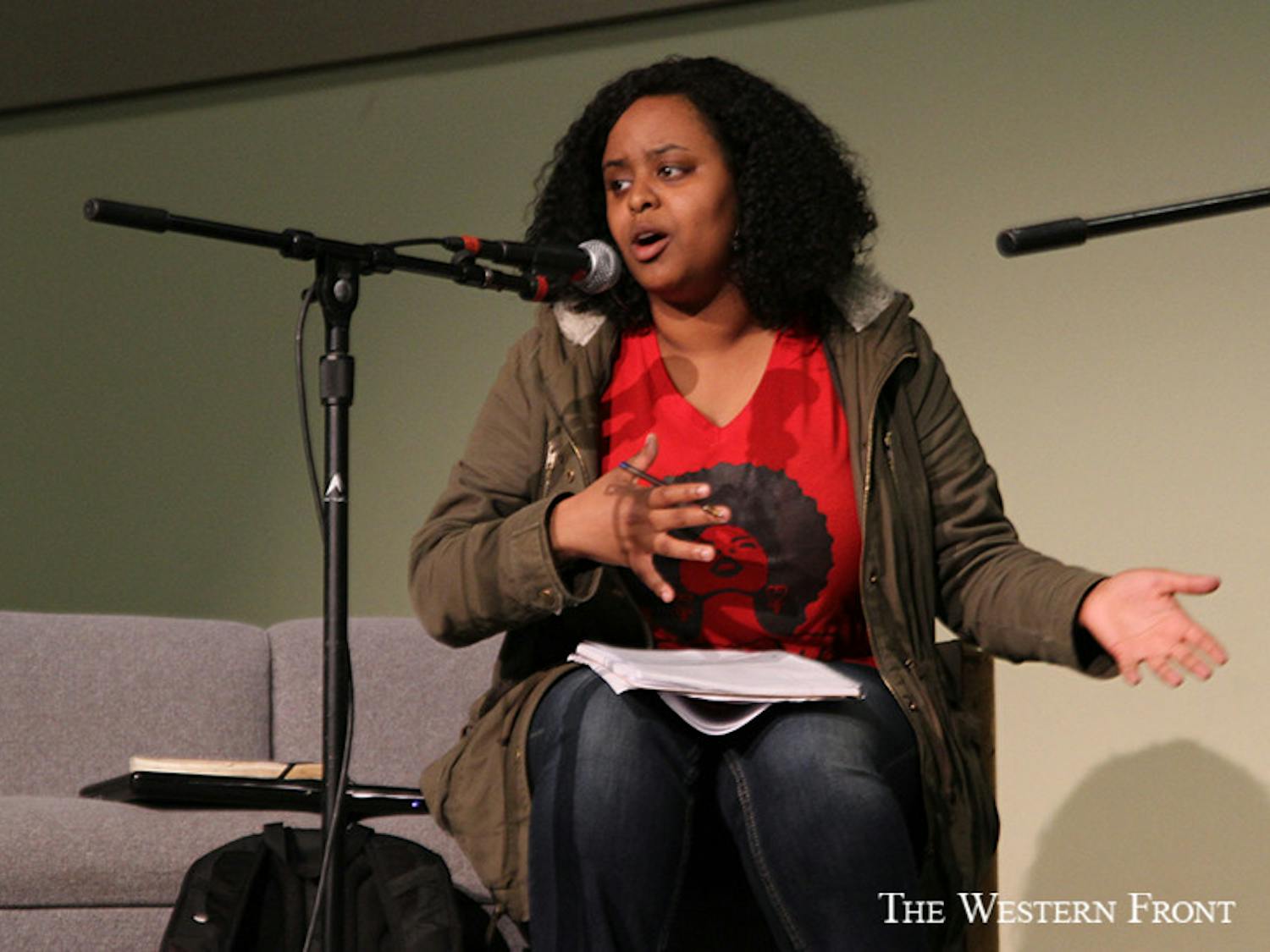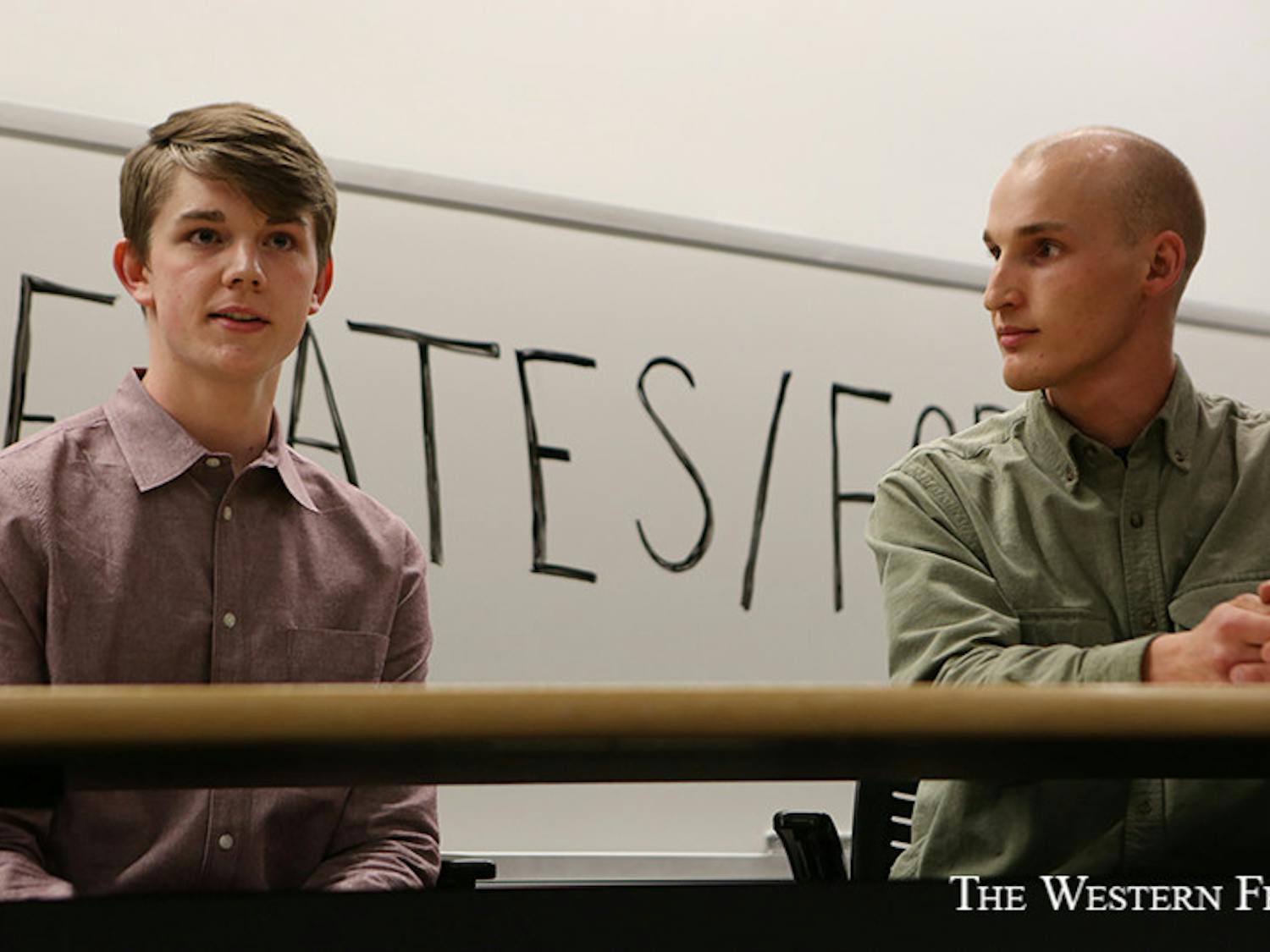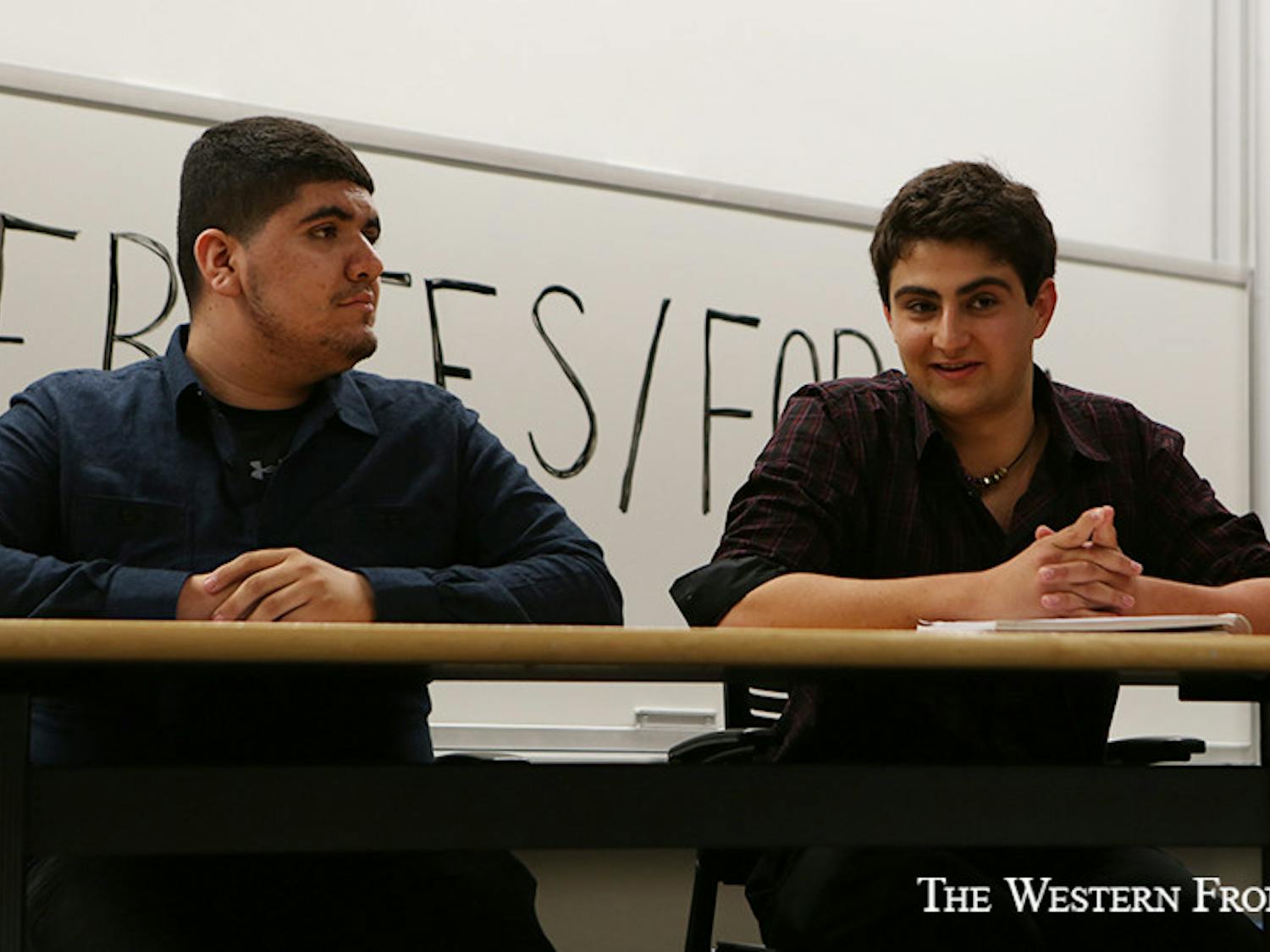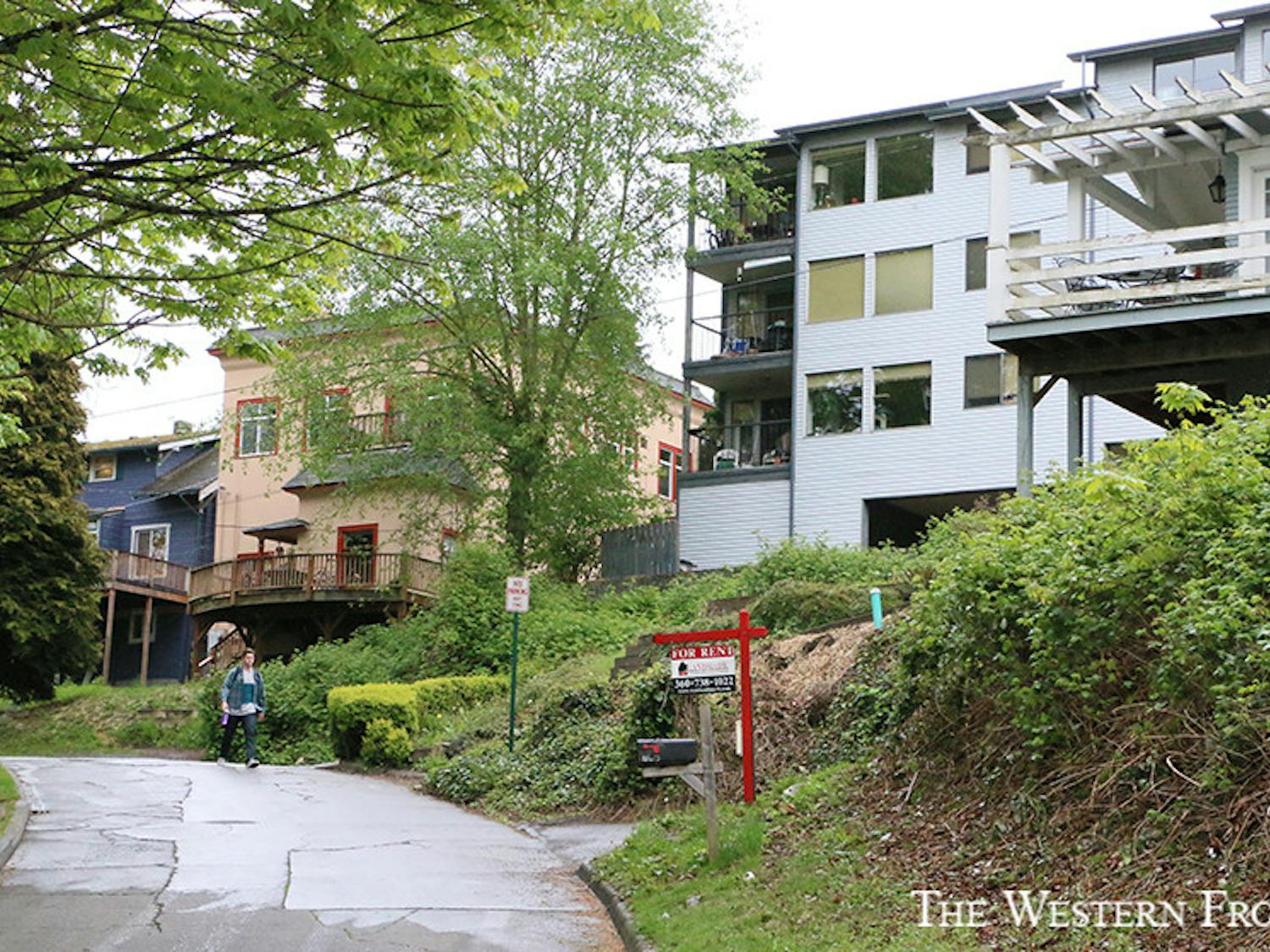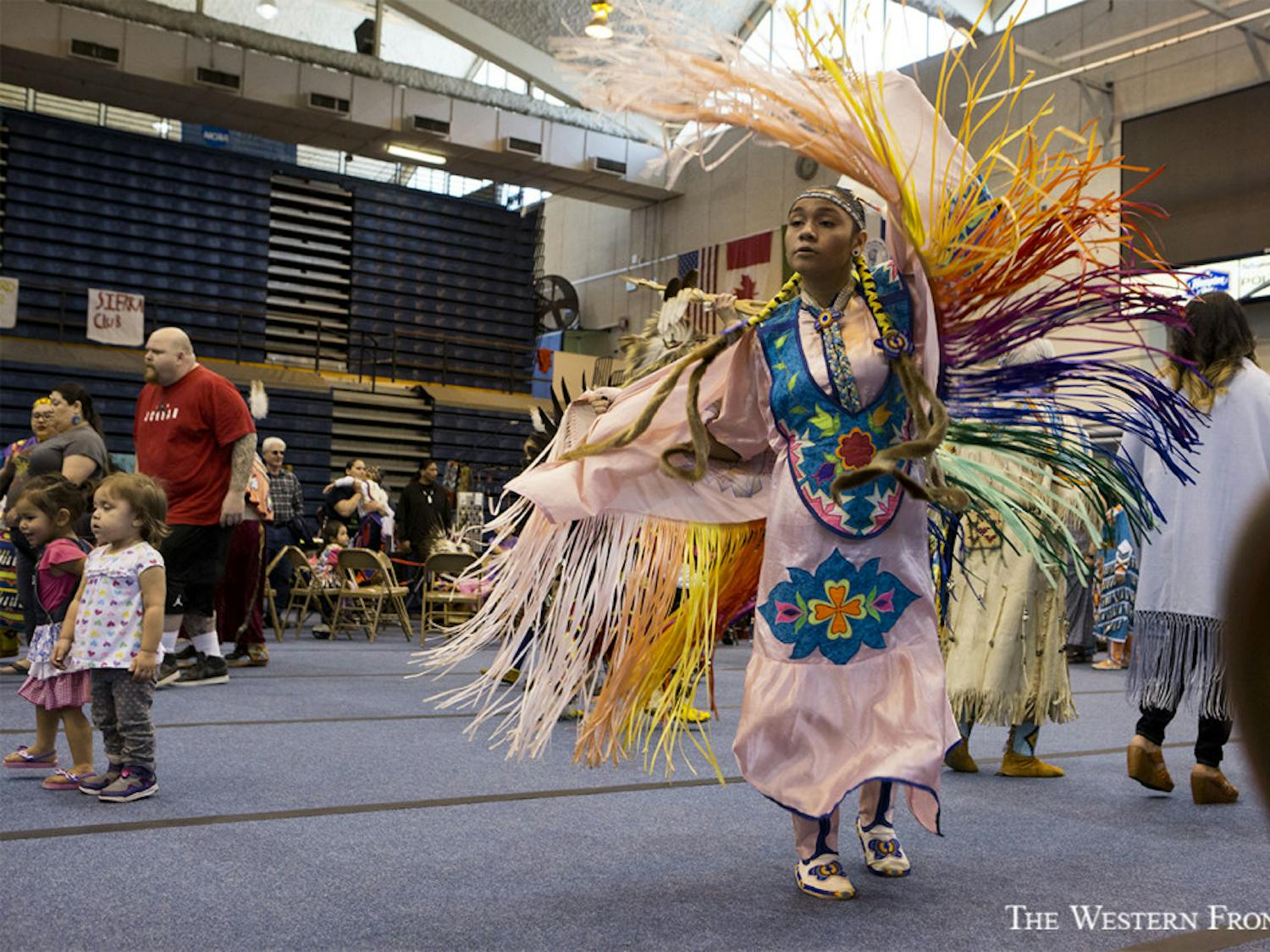News
By The Front
|
April 26
David Clay Large came to Western to discuss his book “Nazi Games” on Thursday, April 23.
“Nazi Games” is a novel discussing the 1936 Summer Olympic Games held in Nazi occupied Germany. It specifically examines the treatment and representation of Jewish and African American athletes participating in the games.
Dawn Dietrich, director of Western Reads, introduced Large. He then continued to give an hour-long lecture on his novel followed by a question and answer with the audience.
Berlin was voted to host the games in 1931, two years before the Nazi party came into power, Large said.
Large went on to explain the negative reactions of U.S. citizens. Many Jewish Americans protested to boycott the games due to Adolf Hitler’s treatment of the Jews and minorities, he said.
At first Hitler didn’t want to hold the games, Large explained. Although, Theodor Lewald, one of Hitler’s advisors, recommended that he host the games because it would be a good chance for propaganda.
Once Hitler agreed to hold the games he kicked off all of the Jewish athletes on Germany’s team, Large said. This created controversy. Hitler agreed to compromise by allowing a half Jewish female fencer named Helene Mayer to join the team, he said.
Despite the effort of many Americans, the games were not boycotted and went on as scheduled. The U.S. team was especially diverse with 18 African American athletes, six Jewish athletes and three Native American athletes, Large said.
German residents treated ethnic participants fairly at the games, but unbeknownst to them the police were instructed to watch them very closely, Large explained. Citations were given out to Berlin women who flirted with Jewish athletes or athletes of color, he said.
Overall, Jewish and African American athletes did very well in the games. The first and second place winners of the high jump were African Americans on the U.S. team and the decathlon winner was a Jewish American. Also, African American athletes accumulated 83 points for the U.S. track and field team, Large said.
Although, this did not change the German opinion on African American athletes, an unidentified Nazi stated, that African American athletes are “gifted freaks who owe their success to their jungle inheritance,” Large said.
Because of the negative opinion toward the Nazi party, the games had fewer foreign travelers than expected, Large said.
Junior international business major James Ward enjoyed the lecture, he said.
“It wasn’t something that particularly sparked my interest, but I found it very interesting,” Ward said.
Large is an expert in German history and sport culture.


